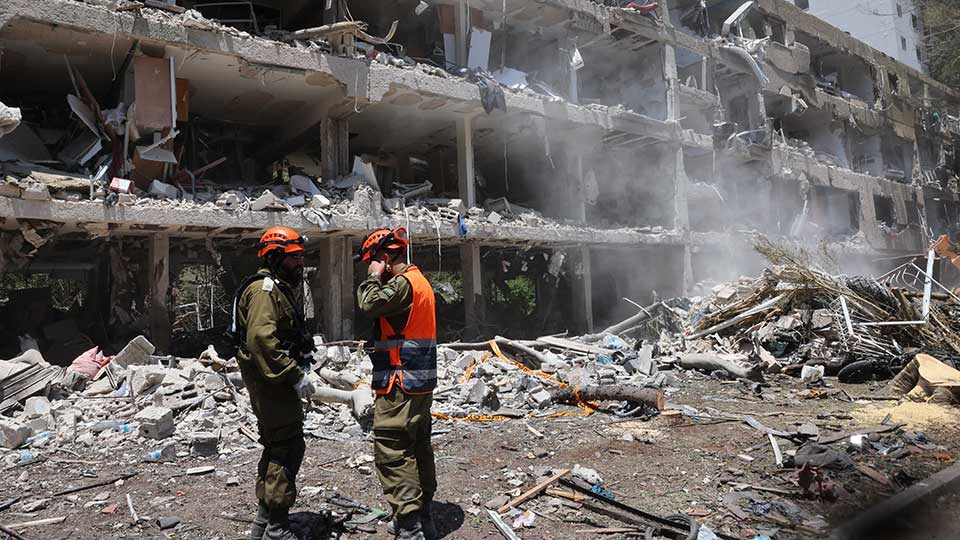
Richard Weitz, Senior Fellow, Hudson Institute
Aug 08, 2025
China declined an opportunity to join Iran in its June 2025 confrontation with the United States and Israel. Though Beijing enjoys good relations with the Iranian regime, competing alignments and other considerations convinced PRC policymakers to adopt a low profile during the twelve-day war.
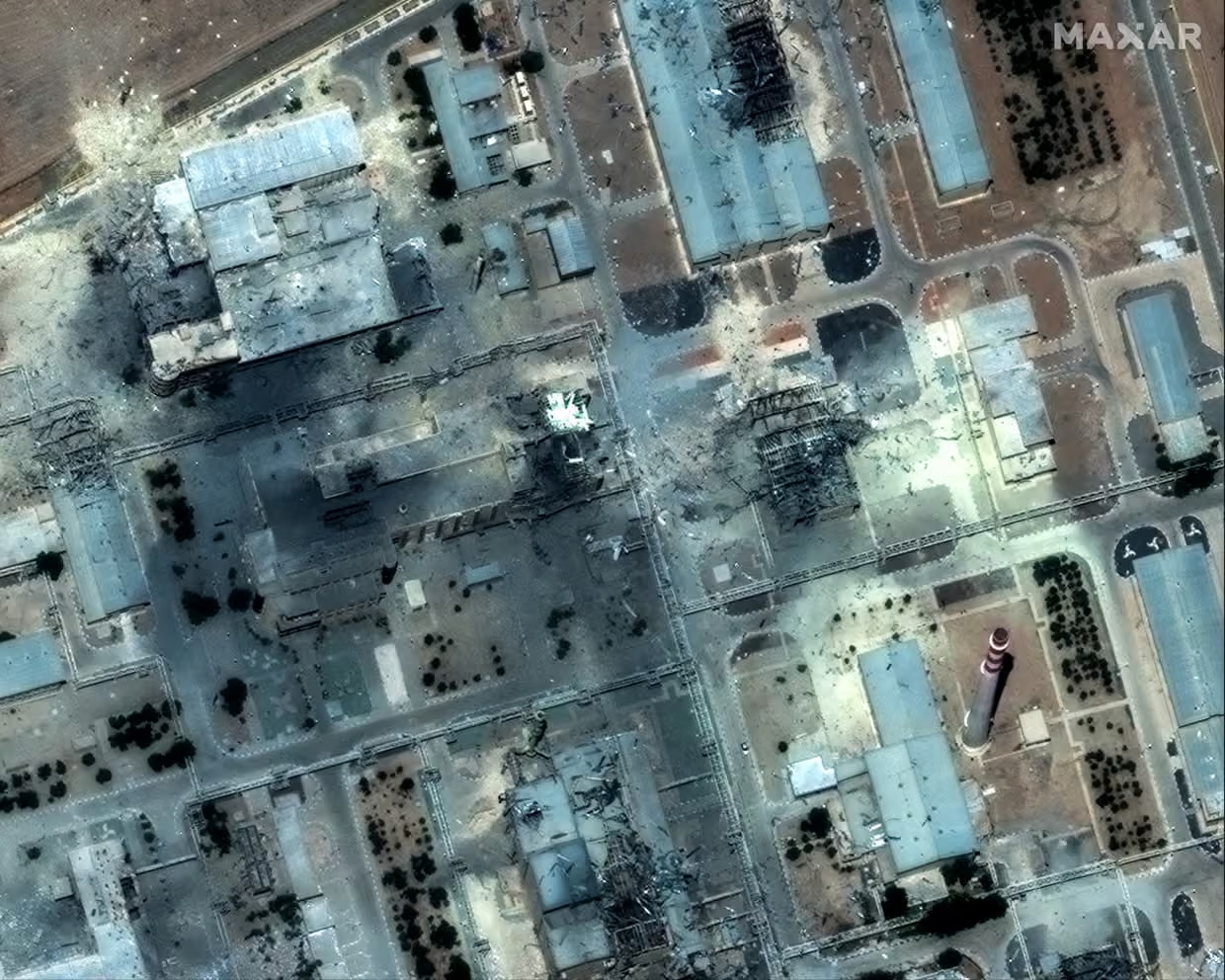
Zhang Zhixin, Research Professor of Institute of American Studies, CICIR
Jul 30, 2025
Attacking Iran’s nuclear facilities showed the pragmatism of U.S. foreign policy. The airstrikes were neither purely isolationist nor ideologically preemptive. Instead, they were a calibrated, interest-driven move to neutralize a threat while avoiding overcommitment.
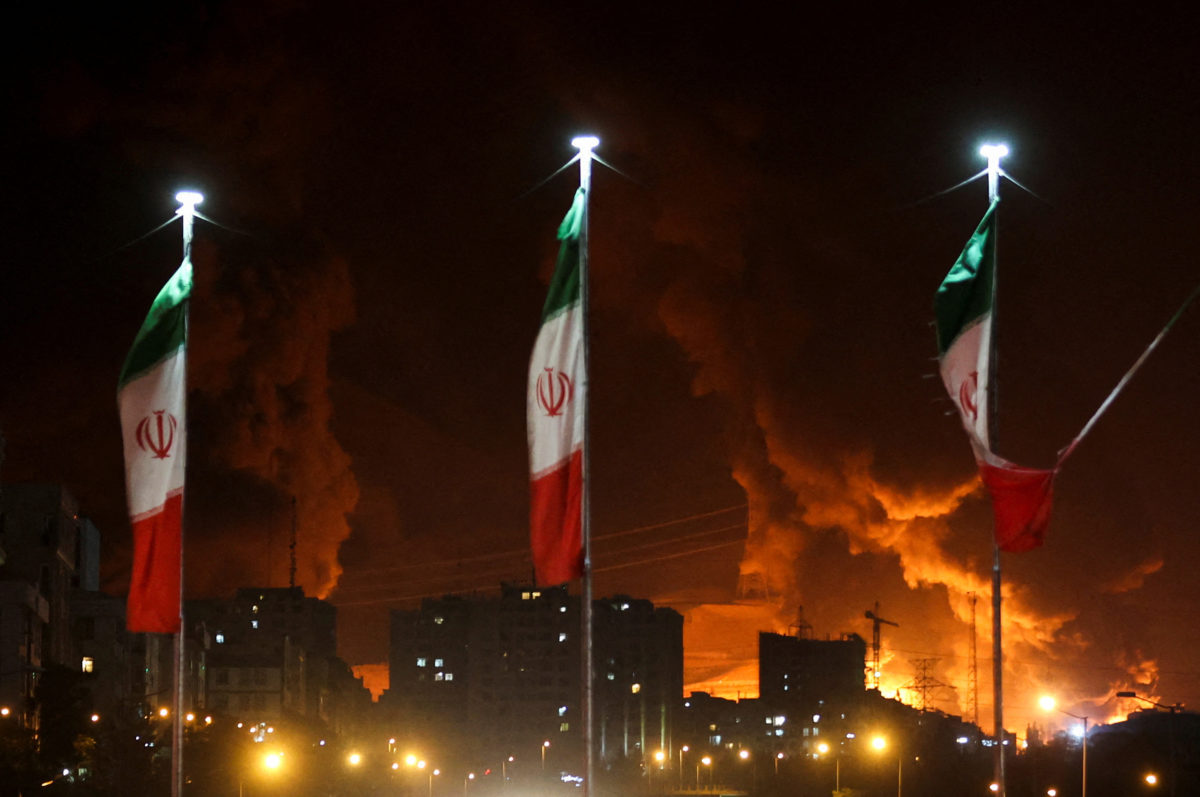
Wang Zhen, Professor and Deputy Director, Institute for International Relation Studies, Shanghai Academy of Social Sciences
Jul 21, 2025
The answer will depend on whom you ask. But one thing is certain, the attacks by Israel and the United States on Iran’s nuclear facilities did not advance the cause of peace in the Middle East. They only added to suspicions and made a resolution more difficult to attain
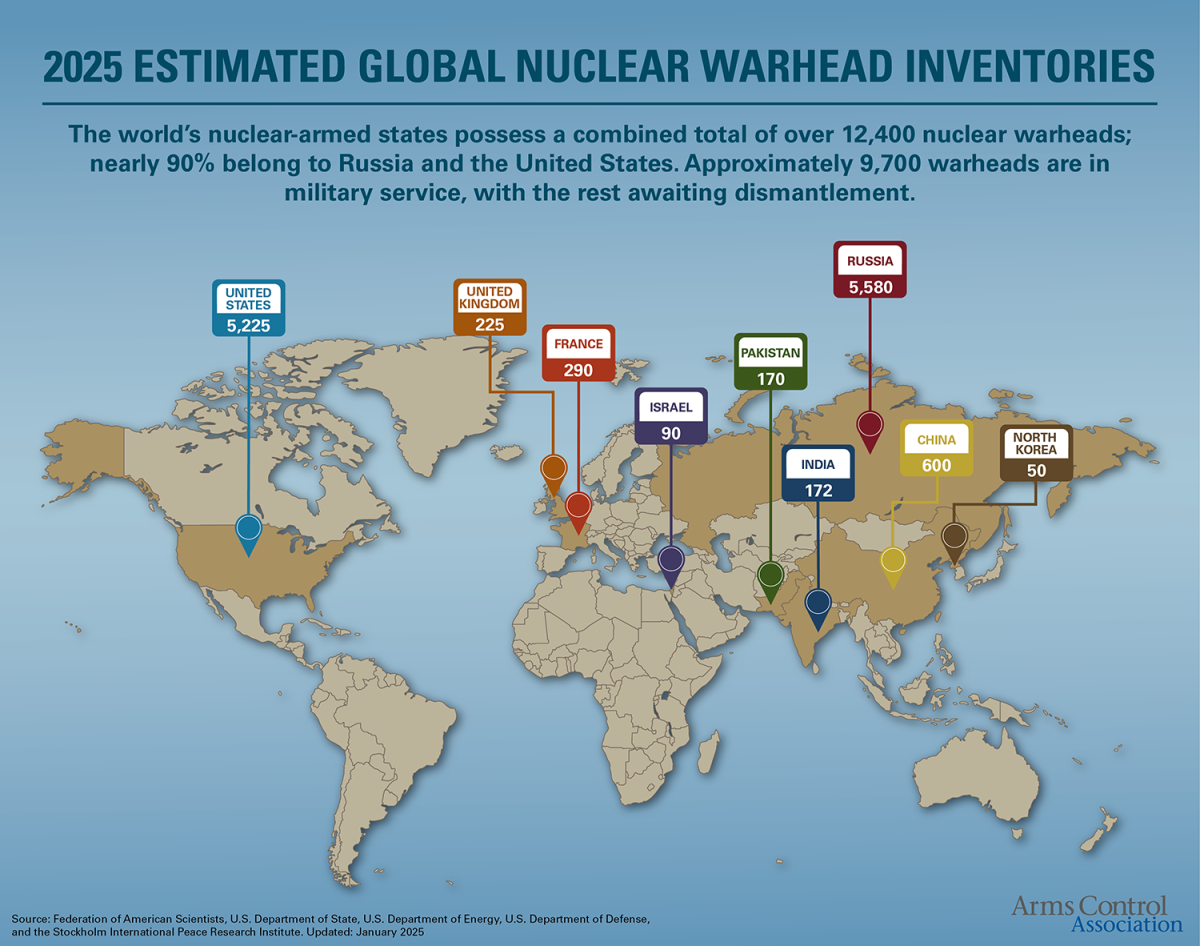
Mohamed ElBaradei, Director General Emeritus, International Atomic Energy Agency; Nobel Peace Prize Winner
Jul 09, 2025
In 1966, the United States, the Soviet Union, the United Kingdom, France, and China not only were the only countries that possessed nuclear weapons; they also had enough wisdom to recognize the dangers posed by nuclear proliferation. Despite their many and deep political differences, they arrived at a consensus to halt the further dissemination of “nuclear weapons or other nuclear explosive devices.”
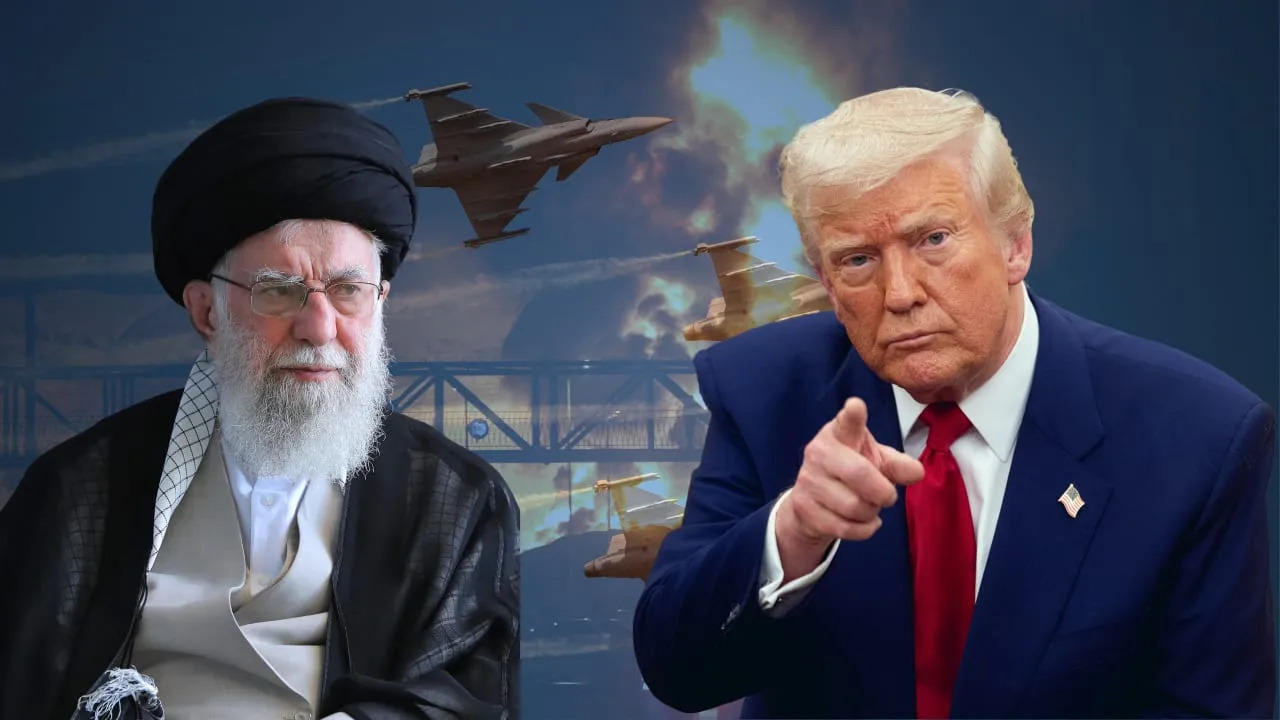
Wang Zhen, Professor and Deputy Director, Institute for International Relation Studies, Shanghai Academy of Social Sciences
Jun 25, 2025
The bunker-busting strike by United States will only harden the resolve of many in Iran to push for nuclear weapons. Meanwhile, the two countries may fall into a pattern of “attack-retaliate-attack,” which could develop into one of the biggest failures in human history.
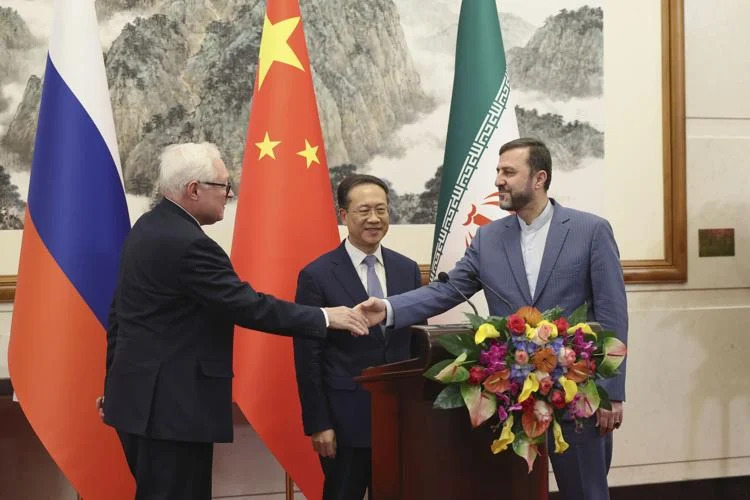
He Wenping, Senior Research Fellow, Charhar Institute and West Asia and Africa Studies Institute of the China Academy of Social Sciences
Mar 20, 2025
The three-way meeting in Beijing stood out for its effort to clarify the historical context of the Iranian nuclear issue and to present impartial, fair and equitable demands to all parties involved.
Jin Liangxiang, Senior Research Fellow, Shanghai Institute of Int'l Studies
Feb 01, 2023
The most likely scenario for a degree of success is that Iran stops short of building a weapon. This would pressure the U.S. while keeping strategic risks under control. But prospects for trouble are looming this year. All parties will have to work for the best while preparing for the worst.
He Wenping, Senior Research Fellow, Charhar Institute and West Asia and Africa Studies Institute of the China Academy of Social Sciences
Mar 08, 2022
The Russia-Ukraine conflict raises uncertainties in negotiations for a renewed Iran nuclear deal. Thorny problems remain. But while there are negatives, there are also opportunities.
Wu Zhenglong, Senior Research Fellow, China Foundation for International Studies
Dec 20, 2021
Both the United States and Iran want the other to make the first move. But even if the Biden administration were to lift sanctions tomorrow, international investors will not return to the Iranian market quickly. They fear a new Republican administration in the U.S. will scuttle the program again.
Back to Top

- China-US Focus builds trust and understanding between the U.S. and China through open dialogue among thought leaders.
- Our Offerings
- Topics
- Videos
- Podcasts
- Columnists
- Research Reports
- Focus Digest
- Stay Connected
-
Thanks for signing up!
- Get the latest stories from China-US Focus weekly.